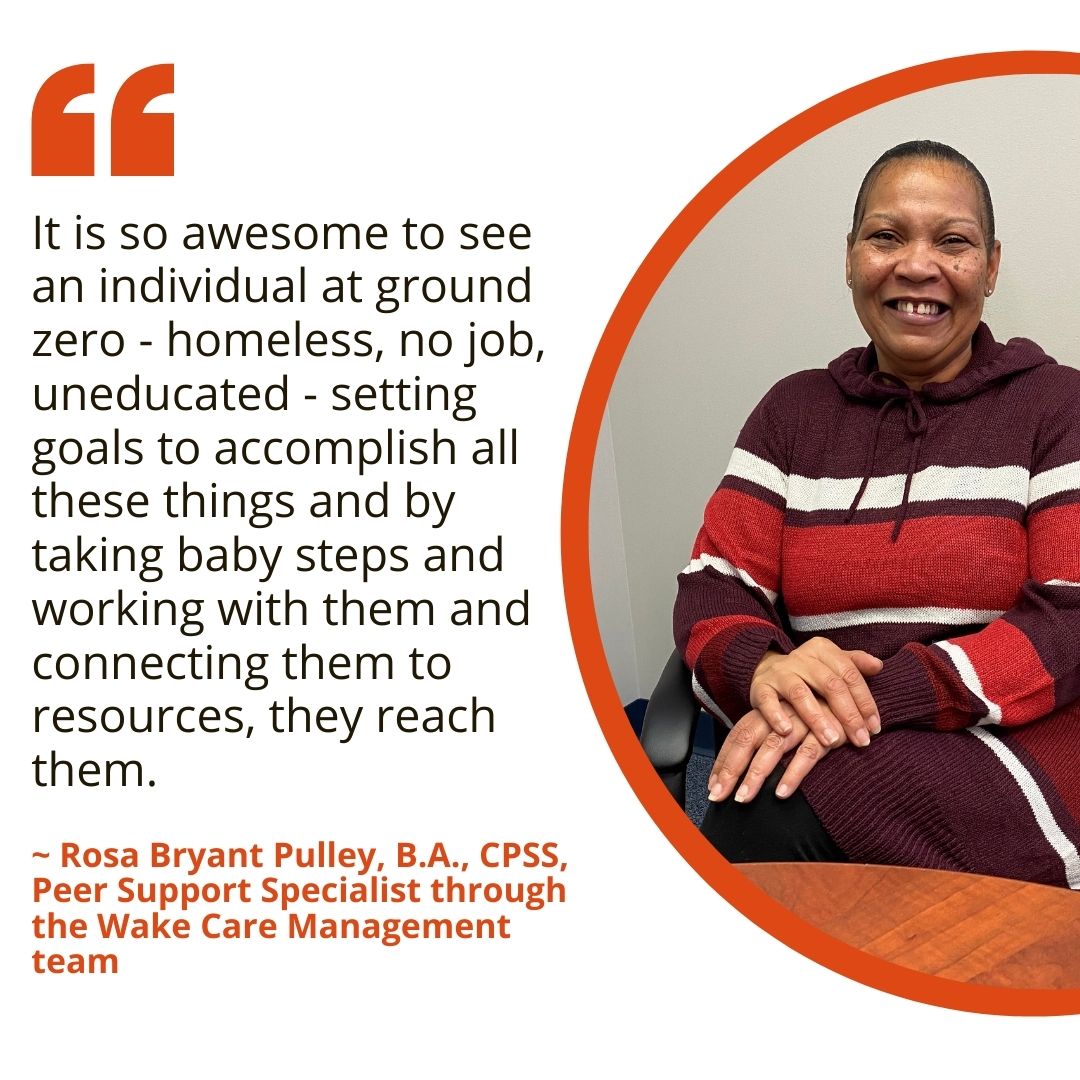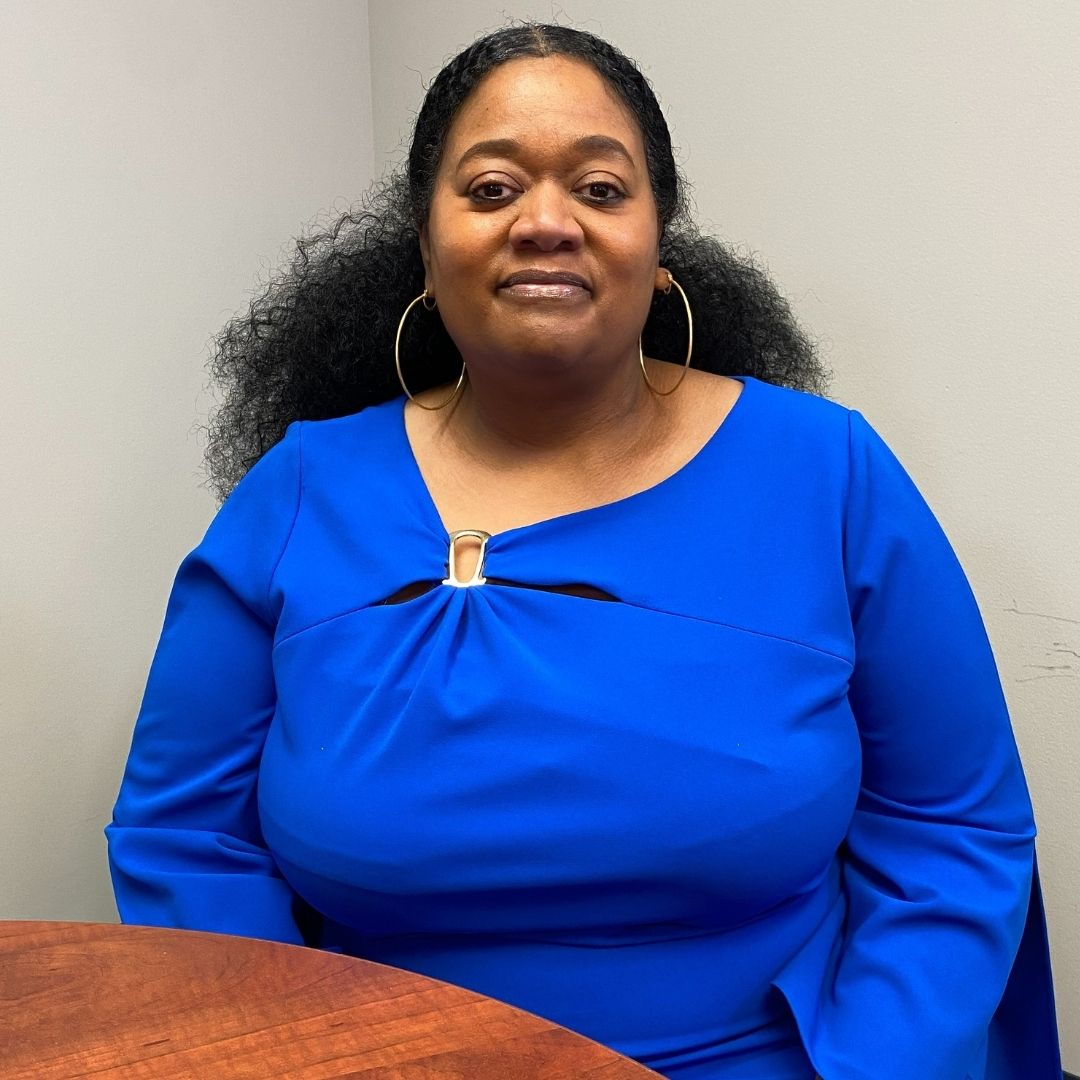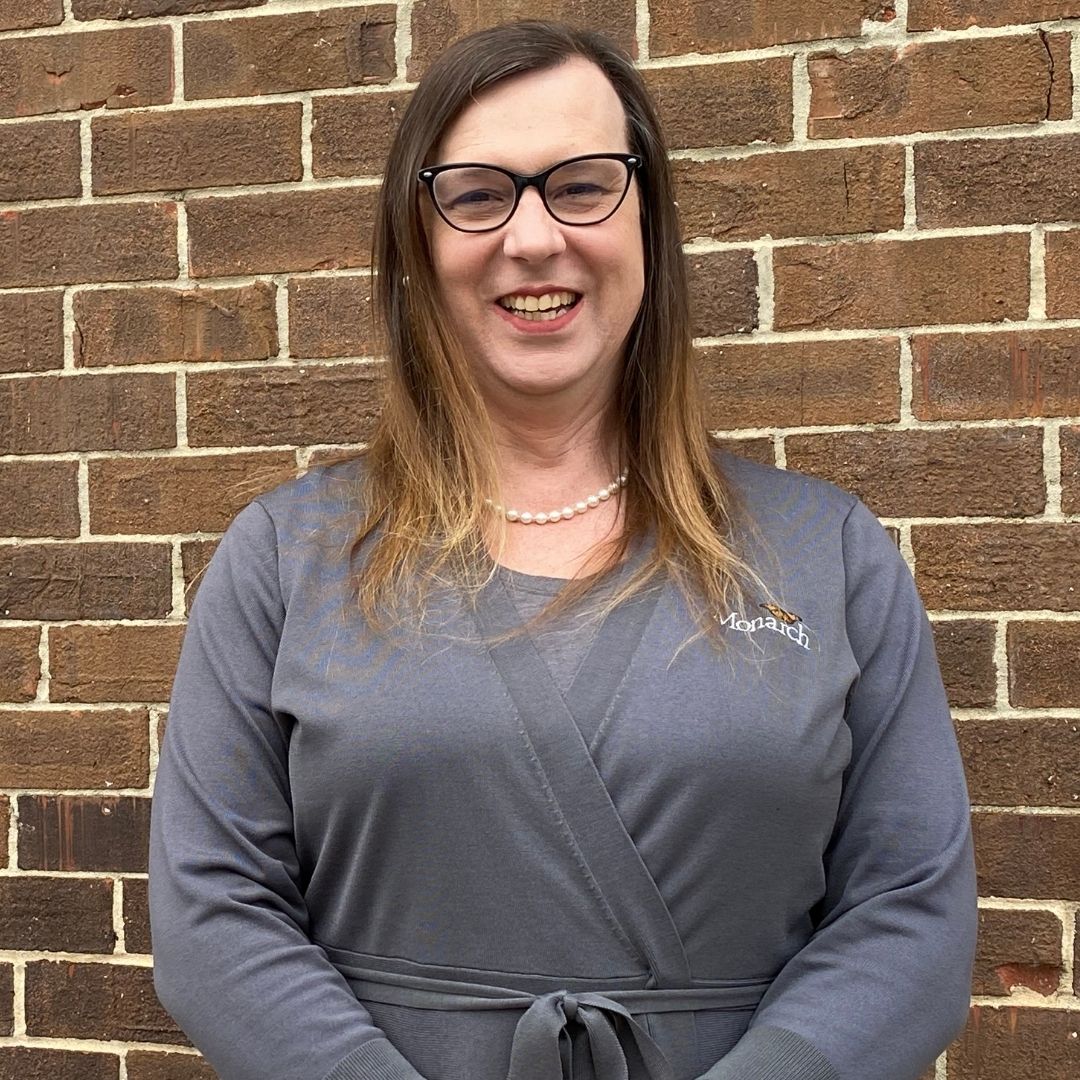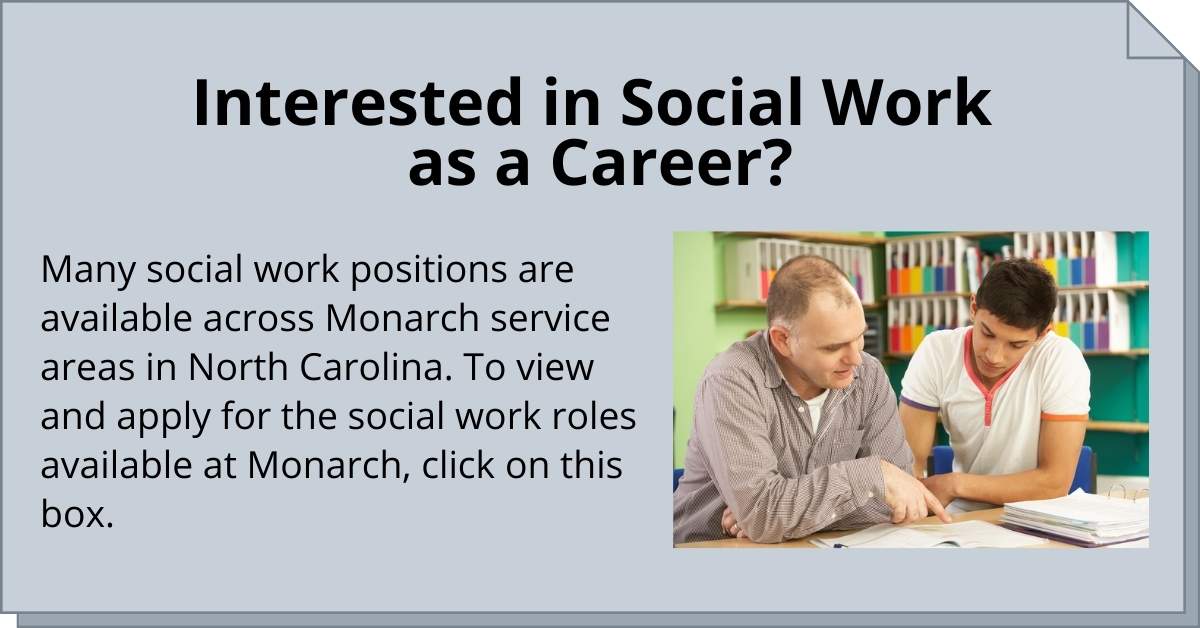National Social Workers Month: Helping People In Need Heal, Reach Goals and Thrive

Peer Support Specialist Rosa Bryant Pulley, B.A., CPSS, shares her lived experiences and expertise to people in need. She believes the most rewarding part of a career within the social work field is helping people achieve goals they once thought impossible.
As a peer support specialist for the past eight years, Pulley said it is a privilege to have a front-row seat assisting people in need, connecting them to community resources and celebrating achievements.
“It is so awesome to see an individual at ground zero – homeless, no job, uneducated – setting goals to accomplish all these things and by taking baby steps and working with them and connecting them to resources, they reach them,” she explains of her role on Wake’s Care Management team, a pilot program through Medicaid that began in 2021 through a partnership with Alliance Healthcare. Through the Tailored Plan, Care Management will be formally offered statewide later this year. “To see them achieve each goal that they want to accomplish, see the beauty in it and the smiles on their faces with a home, with a job and going to school as they want, is a transformation that is amazing.”
National Social Work Month is recognized in March with this year’s theme “The Time is Right for Social Work” honoring the important work, like Pulley’s. The U.S. Bureau of Labor Statistics calculates that there are almost 720,000 professional social workers employed in the U.S. and defined as those who work with vulnerable populations to enhance overall well-being. Predictions through 2030, indicate that number could rise to more than 800,000.
At Monarch, social work includes critical roles that reach and serve populations who need mental health, intellectual and developmental disabilities (I/DD) and substance use disorder services. Social work roles at Monarch connect people with services that heal and improve their quality of life. Roles within the Social Work field can include therapist, nurse, qualified mental health professional, peer support specialist, employment support specialist and care managers.
Monarch Executive Vice President and Chief Operating Officer, Behavioral Health Outpatient, Lyndril Leonard, MA, LCMHC, believes social workers are the “unsung heroes” in health care. “Social workers help people get and stay healthy both emotionally and physically. We do this by addressing not only mental health needs but by assessing the whole person and collaborating with other disciplines to promote the best possible outcomes,” she offers. “Social workers play a big role in addressing social determinants of health that influence where and how people live, learn, work and play, which can have just as an impactful role in affecting health as medication does.
Leonard reflects on over 20 years in the health care field and how she has watched social workers help others reach goals while overcoming obstacles: “There is nothing more gratifying than helping others reach their full potential by finding their way and quelling their fears.”
The following are some insights from Monarch social workers.
Rebekah Brown, QP, Club Horizon Lead Qualified Professional
Brown is the lead qualified professional at Club Horizon, a psychosocial rehabilitation for adults with severe and persistent mental illness in Raleigh. She works with people supported to plan goals and coordinate approval for services through MCOs.
In 2013, she became part of the Club Horizon staff when she interned through a deaf advocacy class she was taking at the University of North Carolina Greensboro. Today, through her role at Club Horizon and fluency in American Sign Language, she can bridge the gap between individuals who are deaf and also diagnosed with mental illness.
Success stories at Club Horizon, Brown explains, can be as small as a person getting out of bed in the morning and overcoming depression. “I have also seen large success stories like a member going to work for the first time, getting their own living accommodations or even visiting the beach for the first time in 30 years,” she offers.
“My role is rewarding to me because I love to see our members take the necessary steps to recognize their mental illness. They can accomplish their goals not only in spite of their mental illness, but sometimes they take advantage of their illness’ symptoms to make great strides,” Brown says.
Kellyn Hensley, LCSW, Behavioral Health Therapist
Hensley has been a behavioral health therapist for over a year but has served in the social work field for 14 years. Her areas of expertise include treating depression, anxiety, trauma, grief and loss, life transitions, anger management, parenting and adjustment issues. Prior to her time at Monarch, Hensley worked in hospital, clinic and other community-based settings.
Hensley says it is rewarding when she sees a person supported thriving and healing through services that she has helped provide. One person supported reached out to offer an excellent review of Hensley’s specialized assistance with Eye Movement and Desensitization and Reprocessing (EMDR), used in treating people recovering from trauma. “I was thrilled to hear that she was doing so well since completing treatment, it warmed my heart, and reminds me why I do what I do!” she notes.
Janet Harris, M.Ed., QP, I/DD Bridging Clinic Coordinator

Janet Harris, M.Ed., QP, I/DD Bridging Clinic Coordinator
Harris, I/DD Bridging Clinic coordinator, assists individuals with co-occurring intellectual disabilities and mental health illnesses in a program offered through Monarch and Managed Care Organization (MCO), Alliance Healthcare.
“Their needs are complex and often difficult to identify. I am most rewarded by the collaboration that takes place between mental health and developmental disability ‘worlds’ to get this unique group of individuals the supports they need to thrive,” she explains. Her responsibilities include planning for outpatient services, coordinating primary and specialty medical providers and collaboration with the MCO.
Harris, with over 20 years in the social work field and at Monarch for the past eight years, finds reward in seeing people we support thrive most notably securing independent living and restoring guardianship of themselves: “In this ever-changing system, I am proud to be the one constant for the people I support.”
Marcilla Smith, CPSS, Employment Peer Mentor

Marcilla Smith, CPSS, Employment Peer Mentor
As an employment peer mentor at Monarch for the past three years, Smith believes her role works at supporting clients and peers, as well as her own recovery. She received Monarch behavioral health services before working in her current role. As part of Monarch’s Wake Individual Placement Services (IPS) team, she works with people supported overcome barriers to gain and maintain employment.
Smith believes that through lived experience and the authenticity that she communicates, she can best help the people she supports. “If I can do this – and I did – then I know that you can do this” she tells people she serves.
The most important aspect of her role? “Believing in people. When people spend time around one another, they are going to pick up on some of what’s going on inside each other’s heads – for better and for worse,” Smith says. “I try to avoid ever letting myself get so bogged down in the technical aspects of doing my job that I don’t think to remind myself that this person I’m supporting can achieve their dreams.”
Posted on: Tuesday March 1, 2022

